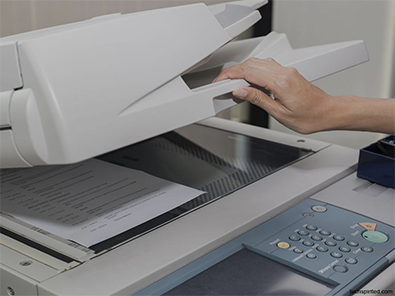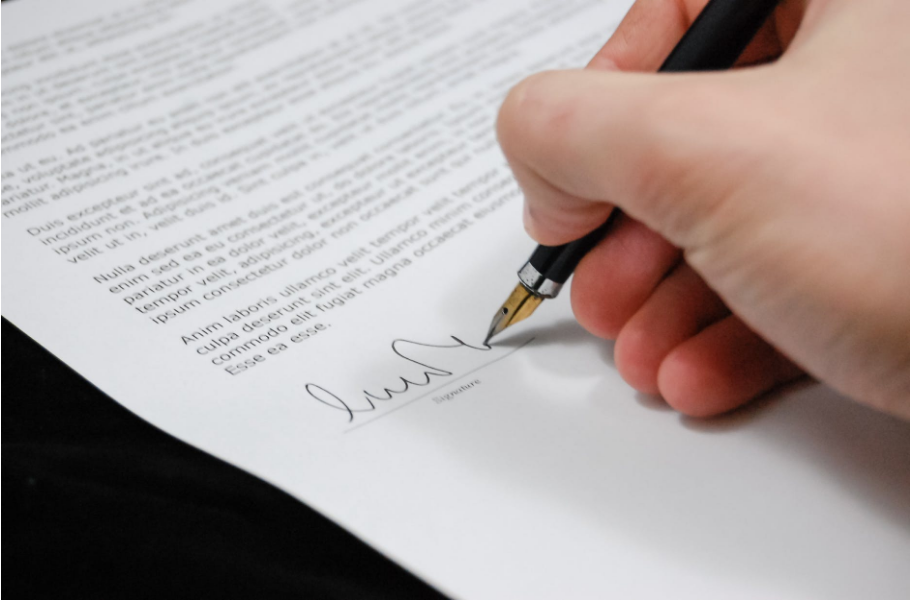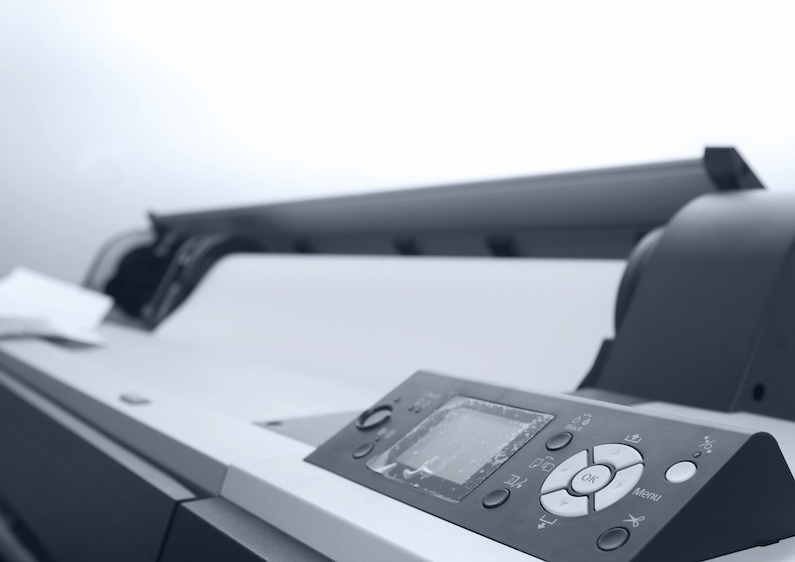For the past several years, the advancements in technologies in our hyper-connected world have led to the replacement of traditional methods of authenticating and signing business documents. The federal law has legalized electronic signs in general and digital signatures in particular.
What is Digital Signatures?
A digital signature is a type of electronic signature or e-signature that provides more security compared to the standard electronic authentication. It is a mathematical technique which validates the integrity of a message by using a standard format called Public Key Infrastructure (PKI). Most people use electronic signatures and digital signatures interchangeably, but the former is a broad category which comprises several types of electronic signs.
Many digital copiers which deliver professional presentations and meeting materials can support digital signatures for PDF and XPS. For industries which rely heavily on signs such as financial services, digital signatures can allow the workflow to remain electronic with no printing, signing, and scanning the business document again.
However, copiers such as imageRUNNER Advance devices do not come inexpensively. Businesses on a tight budget can lease copiers on leasing services like Copier Lease Albuquerque services which offers top-of-the-line copier brands. Copier leasing Albuquerque contracts have specialists who aid businesses to save thousands of dollars by leasing printers instead of purchasing one outright.
How it Works
Digital signatures work like a fingerprint — it is unique per individual. Digital signature providers follow the PKI protocol to generate one public and another private key. When you electronically sign a record, the formed private key will produce the signature. The mathematical algorithm serves as a cipher which encrypts and creates the data that matches the signed document. The encrypted result is the digital signature which contained the time when you signed the document.
Why go for a digital signature?
Added Security
The unique “fingerprint” identification of digital signatures remain embedded within a text. Digital provider solutions can quickly identify if someone tampered or altered the document after signing it. Moreover, the Public Key Infrastructure (PKI), an encryption verification technology, ensures that digital signatures have the most verifiable model for electronic signature identification. The encrypted or coded message in a digital signature identifies the person who signs on the document and links him or her on a particular record. The procedures of DocuSign, an established digital signature solution provider, successfully meet all the requirements from PKI for safe and secure signing and maintenance.
Legal Compliance
More countries start to recognize the efficiency of digital signatures in binding legal documents since it follows security protocols by solution providers. Two federal laws acknowledge the legality of digital signatures — the United States Electronic Signatures in Global and National Commerce Act (ESIGN) and the Uniform Electronic Transactions Act (UETA). Both laws have four fundamental requirements for U.S law to recognize an electronic signature as valid — intent to sign, consent to do business electronically, the association of the sign with the record, and document retention.
Save Cost and Time
If your boss or department head is on holiday, you do not need to wait longer for acquiring his or her signature. Digital signatures are convenient since it saves time by signing business documents such as contracts and proposals with a click of a button. Moreover, the person required to sign can instantly put his or her signature with devices such as smartphones, tablets, or computers from anywhere.
It saves significant cost savings with little or no expense in ink cartridges, paper sheets, scanning, and shipping or delivery expense. There are also several indirect expenditures including tracking, rekeying and filing of data.







